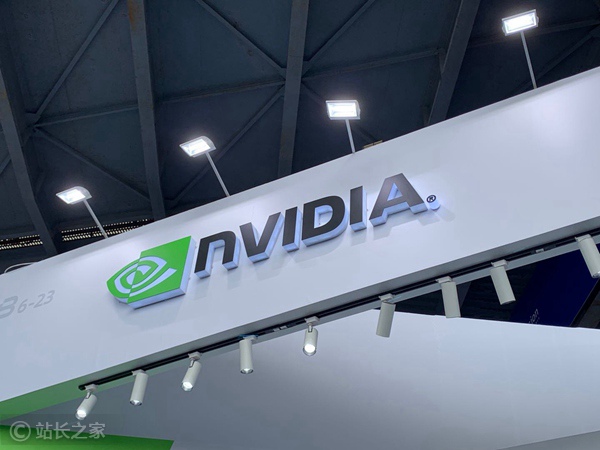NVIDIA's Jensen Huang Highlights Samsung's HBM Challenges
At the recent CES 2025 conference, NVIDIA CEO Jensen Huang highlighted the difficulties faced by Samsung Electronics in developing new types of artificial intelligence (AI) memory chips. These chips, known as High Bandwidth Memory (HBM), are essential for the advancement of next-generation AI systems that utilize NVIDIA's technology.
During a press conference, Huang noted that Samsung's progress in HBM production has lagged behind that of its competitor SK Hynix. He acknowledged the challenges that Samsung is currently encountering but expressed confidence in the company's ability to overcome these hurdles. Huang emphasized that continuous technological advancements and innovations could enable Samsung to regain its footing in the market.

Understanding High Bandwidth Memory
High Bandwidth Memory is specifically engineered to handle large volumes of data, making it integral to applications such as machine learning and deep learning. As the demand for high-performance memory continues to surge with the rapid evolution of artificial intelligence, Huang pointed out that resolving current production issues could significantly impact the entire industry.
Furthermore, Huang indicated that the global focus on AI technology is prompting major technology firms to expedite the development of new memory solutions to meet the increasing market demands. In this competitive landscape, Samsung's performance is crucial. As a leading global semiconductor manufacturer, Huang believes that Samsung possesses the capability to address its current challenges and introduce more competitive products in the near future.
Optimism for the Future
Despite the obstacles Samsung faces in designing and producing AI memory chips, Huang's positive outlook reflects an optimistic perspective for the company's future. He believes that with ongoing technological evolution, Samsung is well-positioned to reclaim its leadership status in this sector. Huang's statements underscore the importance of innovation and adaptability in the rapidly evolving tech landscape.
In conclusion, while Samsung's path to enhancing its HBM production capabilities may be fraught with challenges, the potential for recovery and innovation remains strong. As the demand for high-performance memory solutions continues to grow, the industry will be watching closely to see how Samsung navigates these challenges and what advancements it will bring to the market in the coming years.
Key Points
- Jensen Huang highlighted Samsung's challenges in HBM production.
- HBM is crucial for next-generation AI systems powered by NVIDIA.
- Huang remains optimistic about Samsung's potential to innovate and compete.
- Demand for high-performance memory is surging alongside AI advancements.
- Samsung is expected to reclaim its leadership position in the semiconductor market.